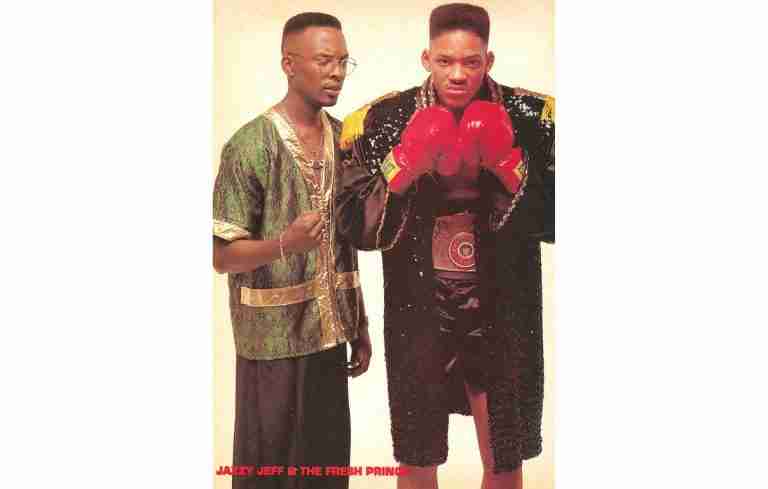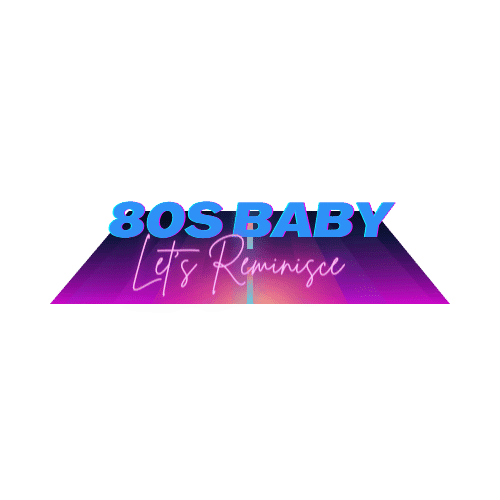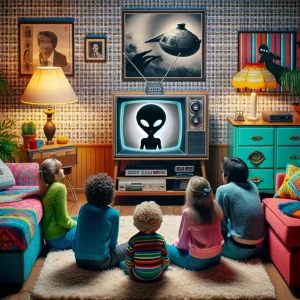The Best Fluffy Pancakes recipe you will fall in love with. Full of tips and tricks to help you make the best pancakes.

When the beats dropped, and the rhymes flowed, these 80s hip-hop legends didn’t just perform – they revolutionized a culture! The 1980s saw the rise of hip-hop from the streets of New York to the global stage, marking an era where music wasn’t just heard; it was felt. This was a time when artists like Grandmaster Flash, Run-D.M.C., and Queen Latifah weren’t just making tracks; they were making history. Let’s rewind the tape and groove to the rhythm of these iconic 80s hip-hop maestros, whose beats still echo in our hearts and streets.
The Pioneers of the Beat!
The 1980s hip-hop scene was a groundbreaking era, pioneering a new wave of music and culture. At the forefront of this movement were artists whose names have become synonymous with the birth of hip hop.
Grandmaster Flash and the Furious Five: This group wasn’t just about music; they were storytellers, using their lyrics to paint vivid pictures of life in urban America. Their track “The Message” is often heralded as one of the most influential hip hop songs, laying the foundation for socially conscious rap.
Run-D.M.C.: Known for their trademark Adidas sneakers and tracksuits, Run-D.M.C. broke barriers between music genres. Their collaboration with rock band Aerosmith on “Walk This Way” was a groundbreaking fusion of rock and hip hop, illustrating the genre’s versatile appeal.
LL Cool J: As one of the first artists to sign with Def Jam Recordings, LL Cool J brought a new level of charisma to hip hop. His smooth flow and romantic ballads like “I Need Love” showcased the genre’s softer side, broadening its appeal beyond hardcore rap enthusiasts.
These pioneers didn’t just create music; they sparked a cultural revolution. They brought the gritty reality of the streets to the mainstream, introducing the world to the beats and rhythms that would shape the future of music. Their influence extends beyond their era, laying the groundwork for the diverse and dynamic world of hip-hop today. Celebrating these icons reminds us how their beats, words, and style have left an indelible mark on the music industry and our hearts. They weren’t just the pioneers of the beat; they were the architects of a movement that continues to inspire generations.
Queens of the Hip Hop Realm
In an era dominated by male voices, a group of fearless female artists emerged, asserting their rightful place in hip-hop. These queens of hip-hop not only matched their male counterparts in talent and influence but brought unique perspectives and styles that forever changed the genre.
Salt-N-Pepa: Bursting onto the scene with their bold lyrics and unapologetic attitude, Salt-N-Pepa broke the mold of what female artists could be in hip hop. Hits like “Push It” and “Let’s Talk About Sex” were not just chart-toppers; they were anthems of empowerment and sexual liberation, challenging societal norms.
Queen Latifah: A true Renaissance woman, Queen Latifah’s impact on hip-hop extends far beyond her music. With tracks like “U.N.I.T.Y.,” she confronted issues like gender discrimination and harassment, voicing the struggles and strengths of women in a powerful and resonant way. Her regal presence and multifaceted talent have made her an enduring icon in music and beyond.
MC Lyte: As one of the first solo female rappers to release a full album, MC Lyte’s influence is monumental. Her lyrical prowess on tracks like “Lyte as a Rock” and “Cha Cha Cha” set new standards for lyricism in hip hop, proving that female emcees could not only compete but excel in the fiercely competitive world of rap.
These women were trailblazers, using their voices to challenge stereotypes and pave the way for future generations of female artists. Their contributions went beyond music; they were cultural icons who redefined what being a woman in hip-hop meant. In a realm often overshadowed by its kings, these queens shone brightly, leaving a legacy that continues to inspire and empower. As we groove to their timeless beats and powerful lyrics, let’s remember the queens of the hip-hop realm who taught us to be bold, brave, and unapologetically ourselves.
The Fusion of Music and Fashion
The 1980s weren’t just a golden era for hip-hop music; they were a revolutionary period for fashion, especially when these two worlds collided. Hip-hop artists didn’t just bring fresh beats to the scene; they brought a whole new style that would leave a lasting impact on fashion.
Style Icons of the Era: In the 80s, hip-hop artists were not only music idols but fashion trendsetters. They brought the street to the stage with oversized jackets, flashy jewelry, bucket hats, and sneakers. Their attire spoke volumes about their identity and culture, creating a new language of style that resonated with the youth.
Puma’s Place in Hip Hop Fashion: Among the brands that became synonymous with 80s hip hop, Puma stands out. With their sleek design and comfort, Puma’s sneakers were more than just footwear; they were a statement. Artists like MC Shan and B-boys across New York City embraced Puma, making it an emblem of hip-hop’s rebellious and vibrant spirit.
Beyond Just Clothing: This fusion of music and fashion was about more than just looking good. It was a form of self-expression, a way for artists and fans alike to connect and belong. The bold colors and the flashy designs were manifestations of hip-hop’s energy and creativity.
Today, the influence of 80s hip-hop fashion continues to be felt. Modern streetwear owes much to these pioneers, who mixed comfort with style, making fashion accessible and expressive. Brands like Puma continue celebrating their hip-hop heritage, re-releasing vintage designs and collaborating with modern artists, blending the old with the new. As we reminisce about the 80s and its impact on fashion, let’s remember that it was more than just clothes and shoes. It was a movement that broke boundaries, a fusion that reshaped how we see fashion and music interconnect.
The Lyrics That Shaped a Generation
The heart of 80s hip hop was not just in its beats but in its words. The era’s artists were poets and storytellers whose lyrics reflected a generation’s realities, dreams, and struggles.
Storytelling with Substance: Artists like Public Enemy and KRS-One used their music as a platform to address social issues – from racial injustice to police brutality. Public Enemy’s “Fight the Power” became an anthem of resistance, echoing the sentiments of marginalized communities and amplifying their voices.
Rhymes with Reason: The lyrical content of 80s hip hop was raw, real, and often radical. It wasn’t just about entertaining; it was about educating and empowering. Songs like Grandmaster Flash and the Furious Five’s “The Message” painted vivid pictures of urban life, bringing societal issues to the forefront of public consciousness.
A Legacy of Empowerment: These lyrics empowered listeners, giving them a sense of identity and community. They weren’t just listening to music; they were part of a movement, a cultural shift that challenged the status quo and advocated for change.
Looking back, we see how these words have resonated through the decades, inspiring new generations of artists and activists. The lyrics of 80s hip-hop were more than just words; they were the voice of an era.
The Legacy Continues
The influence of 80s hip hop extends far beyond its time, continuing to inspire and shape the music industry.
Inspiration for Modern Artists: Today’s hip hop artists are the descendants of the 80s legends, drawing inspiration from their style, storytelling, and spirit. The legacy of artists like LL Cool J and Salt-N-Pepa can be seen in today’s diverse and dynamic hip hop landscape.
Cultural Reverberations: The impact of 80s hip hop is not confined to music. Its influence permeates various aspects of culture – from fashion and film to language and politics. The genre’s pioneers paved the way for hip hop to become a dominant cultural force.
A Timeless Connection: For fans old and new, the music of the 80s hip hop era remains a source of nostalgia and inspiration. Festivals, documentaries, and online communities continue celebrating the era, keeping its spirit alive.
As we groove to the beats of the past and present, we recognize the enduring legacy of 80s hip hop. It was more than just a musical genre; it was a cultural revolution that continues reverberating across generations.





